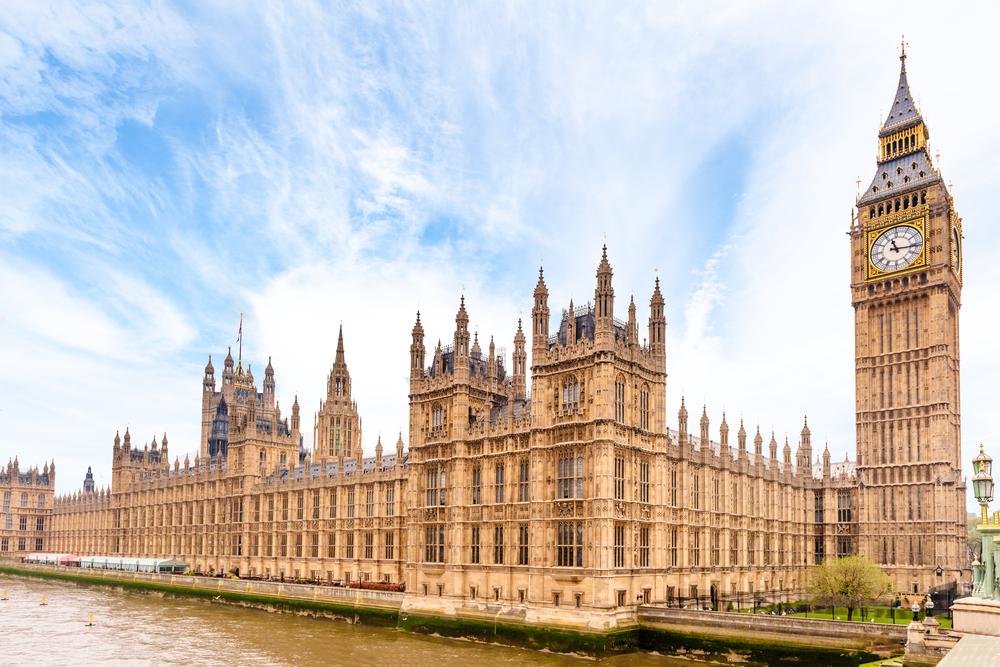After many years of underinvestment in the NHS and other sectors, the new Labour government faces huge challenges as they strive to bring about change, as CSP policy director Rob Yeldham explains

Labour are in the same position as someone who has acquired a potentially wonderful but very run-down house.
Like many people who buy a dream home doer upper, they didn’t have the option of renovating it before they moved in. They will have to project manage change whilst putting up with the state the home is in now.
They fear that they only have the money to do some improvements at a time, unless their plan to bring in more income through a better job works out. They are excited but also anxious because of the scale of the project and how long it might take to create their dream home.
It may take them a while, and it may cause us some discomfort or disruption, but we should welcome them tidying up the eyesore, which is affecting us all
The newly appointed Labour ministers will have mixed feeling about winning. They have inherited the impact of years of underinvestment, not only on the NHS but also across social care, education, housing, the environment, defence and every other area of public spending.
The UK economy has been slow to recover for impact of Covid and both private industry and public infrastructure have been under-invested in for decades.
The lasting damage of the Truss budget on the ability of the UK government to borrow at reasonable interest rates makes things even worse.
Just within health and social care, Wes Streeting’s in tray includes massive problems. He has to attend to:
- the outstanding pay award recommendation for the pay review body even before we start negotiations on this year’s pay round
- the need to shift the NHS from an acute based sickness service to a health maintenance service base closer to people, which is probably a generational task
- the workforce challenge, which is complex and not quick to address because it takes time to train people.
His acknowledgement on day one in office that the NHS is broken was a welcome dose of realism.
Globally, the challenges are huge too. The UK is not isolated from the war in Ukraine, conflict in Israel-Gaza and the many other conflicts around the world.
Climate change and the nature crisis demand urgent attention. Growing numbers of people are seeking to flee violence, poverty or environmental disasters. So the new government faces huge challenges.
Every lobby group, including the CSP, will be banging on the door demanding action on their issues. Yet Labour will have to prioritise what it does first and that is bound to cause some people to feel they are not doing enough.
Change is clearly what people wanted. But change doesn’t happen overnight. In some areas Labour will be able to early symbolic changes such as repealing anti union legislation.
But lasting and meaningful change in complex institutions like the NHS is rarely about new laws, restructuring or issuing edicts from Whitehall.
Real change takes a long time because it often requires many, many smaller actions, by a wide rage of institutions and individuals. It is easy to say "change it” in Whitehall, but as we known in healthcare, national policy needs local plans for implementation, and local plans need individual services and practitioners to work differently.
Command and control never quite works, even in hierarchical organisations like the NHS. The new government and the public will need to be patient and will need to recognise that we need a partnership between government and public sector workers to deliver change in public services.
The CSP will obviously press for speedy action on our priorities; rehab, workforce and pay, but we will also seek to be realistic.
We should all support positive change when the Government is proposing it but understand that change won’t happen as fast as anyone, including probably new ministers, would want.
However, there is a risk that those people who are already disillusioned at the state of the country, particularly the most marginalised and the young, will feel abandoned if they don’t experience change soon.
As our friends at Hope Not Hate have warned, this could create fertile ground for extremists to exploit. So, where we want to challenge progress in the future, we need to be careful not to give fuel to extremists.
So we wish the new government well in all the many challenges ahead, and hope that the CSP and our members can be a positive catalyst for change in healthcare through better preventive and rehab services, in the economy through better occupational health and support for people back into work and as a profession committed to challenging extremist ideologies that threaten our members and patients from marginalised communities.
Number of subscribers: 2
